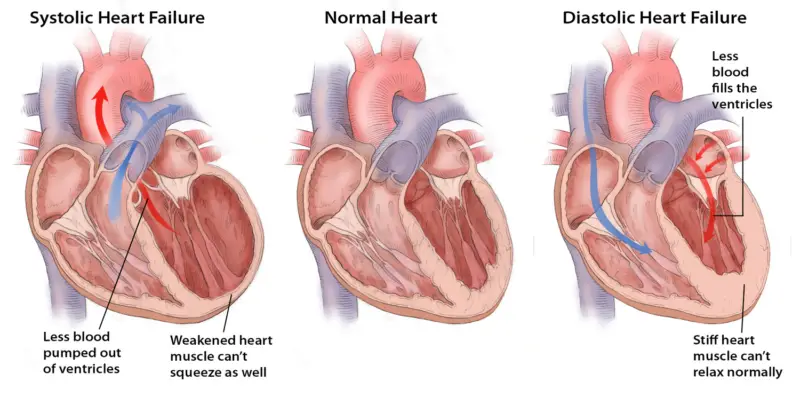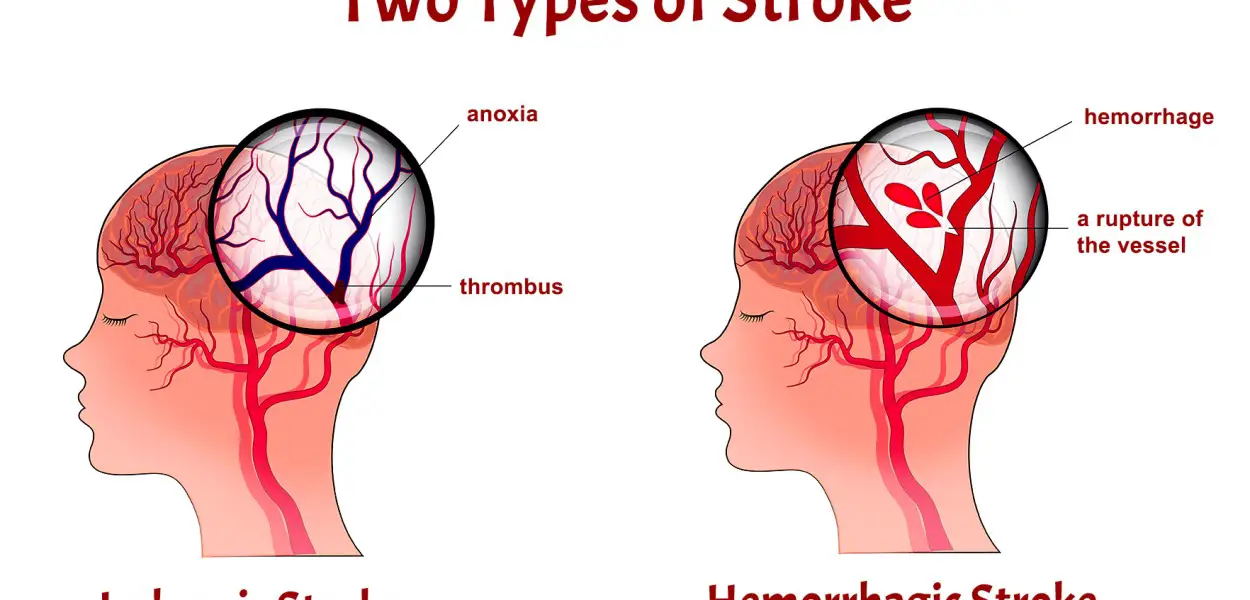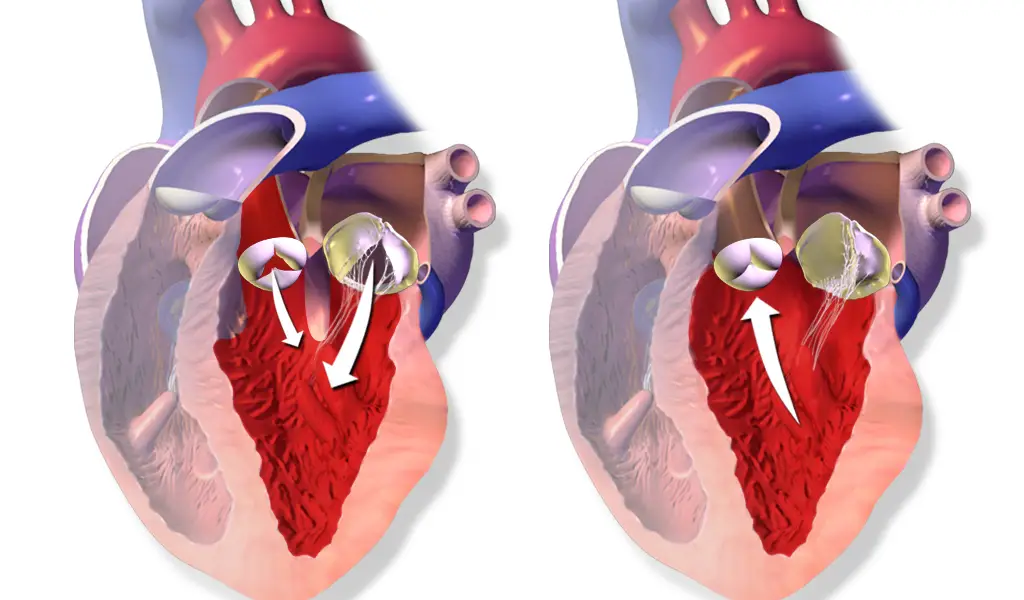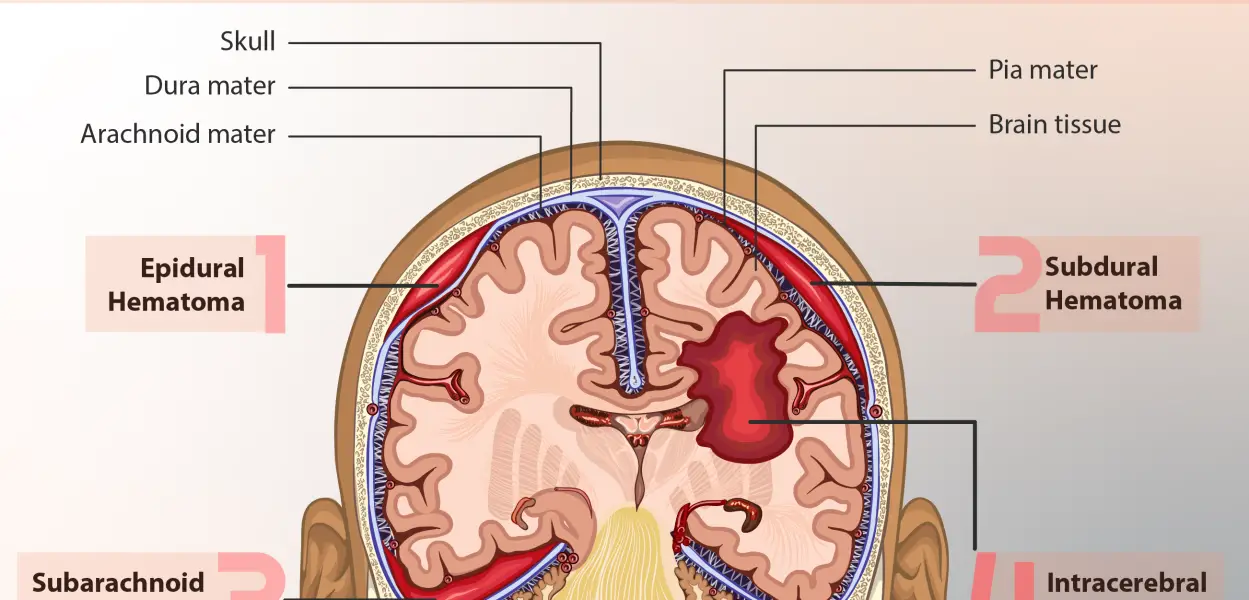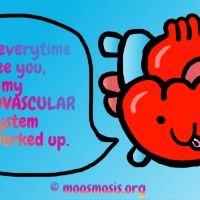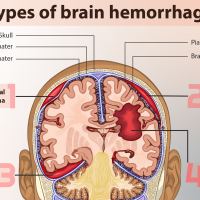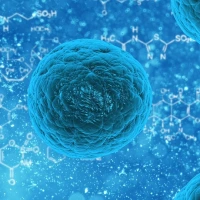Fueling Vitality: Top 25 Foods for Energy, Mood Boosting, and Happiness
In our fast-paced lives, maintaining high energy levels and a positive mood is essential for overall well-being and happiness. While various factors contribute to our energy levels and mood, nutrition plays a crucial role. Certain foods are known for their ability to provide sustained energy, boost mood, and enhance overall happiness. In this essay, we delve into the top 25 foods that can fuel your vitality, uplift your spirits, and contribute to a more fulfilling life.






